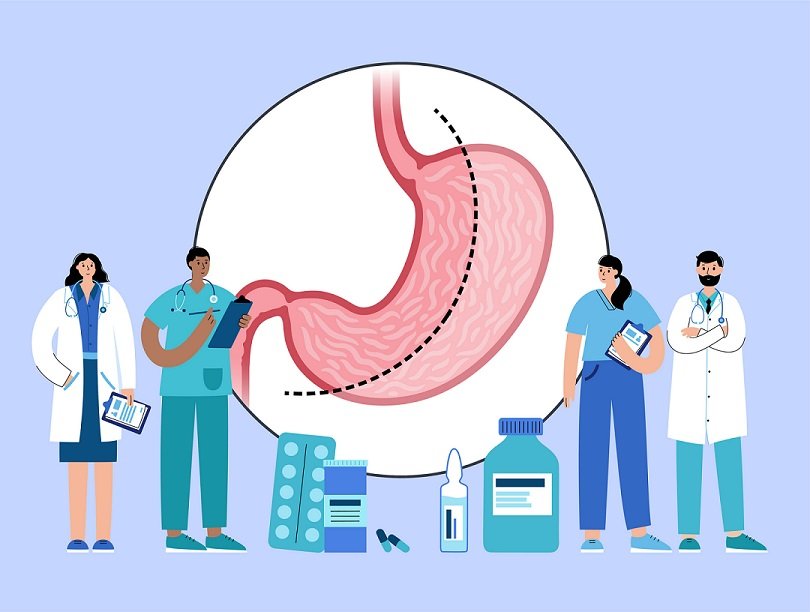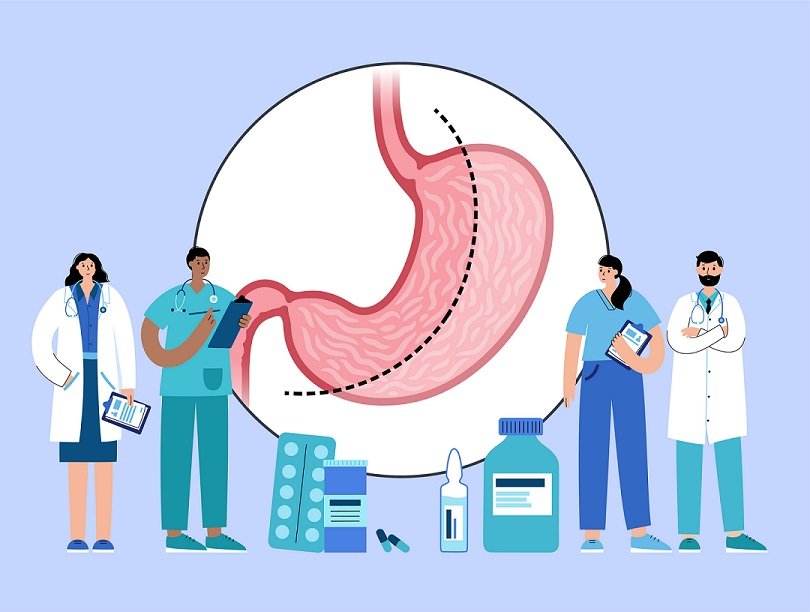
Reading Time: 3 minutes
Diabetic Surgery: An Effective Solution for Managing Diabetes and Improving Health
Introduction
Diabetes is a chronic condition that affects millions of people worldwide. It is characterized by high blood sugar levels resulting from insulin resistance or insufficient insulin production. While lifestyle modifications and medication are the primary treatment approaches, some individuals may benefit from diabetic surgery, also known as metabolic surgery. In this article, we will explore the role of diabetic surgery, different surgical options, their benefits, and considerations for those considering this approach as a means to manage diabetes and improve overall health.
Understanding Diabetes
Diabetes is a metabolic disorder that disrupts the body’s ability to regulate blood sugar levels effectively. There are two primary types of diabetes:
- Type 1 Diabetes: This autoimmune condition occurs when the immune system attacks and destroys the insulin-producing cells in the pancreas. Individuals with type 1 diabetes require lifelong insulin therapy.
- Type 2 Diabetes: This form of diabetes is characterized by insulin resistance, where the body’s cells do not effectively respond to insulin. It is often associated with lifestyle factors, such as obesity, poor diet, and physical inactivity.
Other types-
- Gestational diabetes mellitus (diabetes diagnosed during pregnancy)
- Specific types of diabetes due to other causes, e.g., genetic defects in B-cell function, genetic defects in insulin action, diseases of the exocrine pan-creas (such as cystic fibrosis), and drug-or chemical-induced (such as in the treatment of AIDS or after organ trans-plantation)
The Role of Diabetic Surgery
Diabetic surgery, also referred to as metabolic surgery or bariatric surgery, involves surgical interventions that aim to improve blood sugar control and metabolic health in individuals with diabetes. These procedures work by altering the gastrointestinal anatomy, affecting hormonal regulation, and improving insulin sensitivity.
Types of Diabetic Surgery
- Roux-en-Y Gastric Bypass: This procedure involves creating a small pouch from the stomach and connecting it directly to the small intestine, bypassing a portion of the stomach and upper intestine. It restricts food intake and alters the digestive process, leading to weight loss and improved glycemic control.
- Sleeve Gastrectomy: In this surgery, a large portion of the stomach is removed, leaving behind a smaller, banana-shaped pouch. This reduces the stomach’s capacity, limiting food intake and influencing hormonal changes that can improve blood sugar control.
- Biliopancreatic Diversion with Duodenal Switch: This complex procedure involves a sleeve gastrectomy to reduce the stomach’s size and rerouting the small intestine to limit nutrient absorption. It leads to substantial weight loss and significant improvements in diabetes management.
Benefits of Diabetic Surgery
- Improved Glycemic Control: Diabetic surgery has been shown to result in significant improvements in blood sugar control, leading to a reduction in medication requirements and better management of diabetes.
- Weight Loss and Metabolic Changes: These surgical interventions promote weight loss, which can positively impact insulin sensitivity and metabolic health. They can help individuals achieve sustainable weight loss and maintain long-term improvements.
- Remission of Diabetes: Diabetic surgery has the potential to induce remission or significant improvement in type 2 diabetes. Many individuals experience reduced or eliminated dependence on diabetes medication.
- Cardiovascular Benefits: Diabetic surgery can lead to improvements in cardiovascular risk factors, such as high blood pressure and cholesterol levels, reducing the risk of heart disease.
Considerations and Potential Risks
- Eligibility: Diabetic surgery is typically considered for individuals with type 2 diabetes who have not achieved adequate blood sugar control with other interventions. Candidates should meet specific criteria, including BMI thresholds and evidence of failed attempts at lifestyle modifications and medication management.
- Lifestyle Changes: Successful outcomes require commitment to long-term lifestyle changes, including a healthy diet, regular exercise, and ongoing medical follow-up.
- Potential Complications: Like any surgical procedure, diabetic surgery carries potential risks, including infection, bleeding, blood clots, and digestive system issues. However, the overall risks are generally low, and advancements in surgical techniques have improved safety.
- Nutritional Considerations: Following diabetic surgery, individuals may need to make dietary adjustments and take supplements to ensure proper nutrition and prevent nutrient deficiencies.
Consultation and Follow-Up Care
Individuals considering diabetic surgery should consult with a qualified healthcare professional specializing in metabolic surgery. This consultation will assess eligibility, provide education about the procedure, discuss potential risks and benefits, and outline the necessary pre-operative evaluations and post-operative follow-up care.
Conclusion
Diabetic surgery offers a promising option for individuals struggling with type 2 diabetes who have not achieved adequate blood sugar control through traditional approaches. It can lead to significant improvements in glycemic control, weight loss, and metabolic health. However, it is crucial to have a thorough understanding of the procedure, consider potential risks, and commit to lifestyle changes for long-term success. Consulting with a qualified healthcare professional is essential to determine eligibility, select the appropriate surgical approach, and receive comprehensive guidance throughout the process. With the right support and commitment, diabetic surgery can be a life-changing solution for individuals looking to manage their diabetes effectively and improve their overall health and well-being.


8 Comments
Great job on your blog post! The depth of knowledge you showcased on the subject was impressive, and I appreciated the way you addressed different perspectives. To delve deeper into this topic, click here.
Living with diabetes can be challenging, but this product has made a significant difference. It’s a reliable partner that I trust to guide me on my health journey. click here to take charge of your diabetes!
Virtually all of the things you claim happens to be supprisingly legitimate and that makes me ponder the reason why I hadn’t looked at this in this light before. This piece really did switch the light on for me personally as far as this specific subject goes. Nevertheless at this time there is actually 1 factor I am not too cozy with so while I try to reconcile that with the main idea of your position, let me see what all the rest of the visitors have to point out.Nicely done.
I discovered your blog website on google and examine just a few of your early posts. Proceed to keep up the superb operate. I simply extra up your RSS feed to my MSN Information Reader. Looking for forward to reading extra from you in a while!…
Keep functioning ,terrific job!
Aw, this was an exceptionally nice post. Taking a few minutes and actual effort to make a top notch article… but what can I say… I hesitate a lot and don’t seem to get nearly anything done.
Pretty! This has been an incredibly wonderful article. Thanks for supplying these details.
as soon as I observed this web site I went on reddit to share some of the love with them.